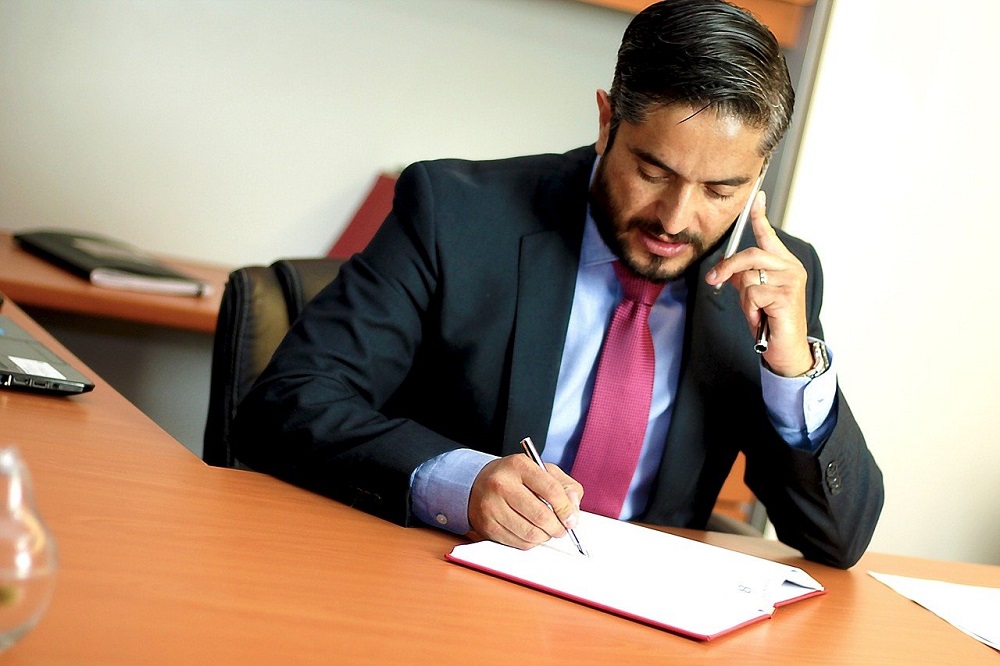
Unexpected events can delay construction, increase costs, or halt projects entirely. A construction attorney can help you prepare for these risks through well-crafted force majeure clauses. These contract provisions protect you when circumstances beyond your control prevent performance.
What Is a Force Majeure Clause?
A force majeure clause is a section in a contract that excuses one or both parties from liability when extraordinary events occur. These events must make fulfilling contractual obligations impossible or impractical. This clause is important because project timelines and costs are sensitive to disruptions like extreme weather or labor shortages.
Common Pitfalls to Avoid
Even with a force majeure clause in place, problems can arise. One common mistake is missing the contract’s notice deadline. If notice is late, you might lose protection. Another risk is assuming a disruption automatically qualifies. Courts look closely at the language and facts. If your clause is vague, or if you could have prevented the delay, your claim might be denied. Working closely with a construction lawyer helps avoid these errors and strengthens your legal position.
Key Components of a Force Majeure Clause
A properly written force majeure clause should list what counts as a qualifying event. This helps avoid disputes and keeps all parties on the same page. Commonly included events include:
- Natural disasters – Events like hurricanes, floods, and earthquakes that damage job sites and delay work
- Acts of terrorism or war – Events that create unsafe conditions or interrupt supply chains
- Labor strikes – Work stoppages that prevent subcontractors or suppliers from meeting schedules
- Epidemics or pandemics – Widespread health events that shut down workforces or lead to government orders
- Government actions – New regulations, shutdown orders, or permit delays that halt or slow construction
Managing Risk Through Legal Strategy
Force majeure clauses are more than a formality– they’re a critical part of risk allocation. Without them, you might have to rely on general legal doctrines like impossibility or frustration, which are harder to prove. A carefully drafted clause sets clear rules for how parties respond when disruptions occur.
How to Respond to a Force Majeure Event
When a force majeure event occurs, follow these steps to protect your interests:
- Review the contract – Understand what is defined as force majeure and what the contract requires
- Notify relevant parties – Send written notice quickly, outlining the event and expected impact
- Mitigate damages – Take all reasonable actions to reduce the effects of the delay
- Document everything – Keep records of timelines, communications, and expenses for future reference
When to Consult a Construction Lawyer
Force majeure clauses should be reviewed before signing any construction agreement. A qualified construction lawyer will make sure your contracts cover the most likely risks and are enforceable in your jurisdiction. In the event of a disruption, your attorney can also help interpret the clause, prepare notifications, and negotiate solutions.
Prepare your contracts for the unexpected. Schedule a consultation with a construction law team today and let them help you build smarter contracts that keep your projects secure– even when the unexpected hits.
